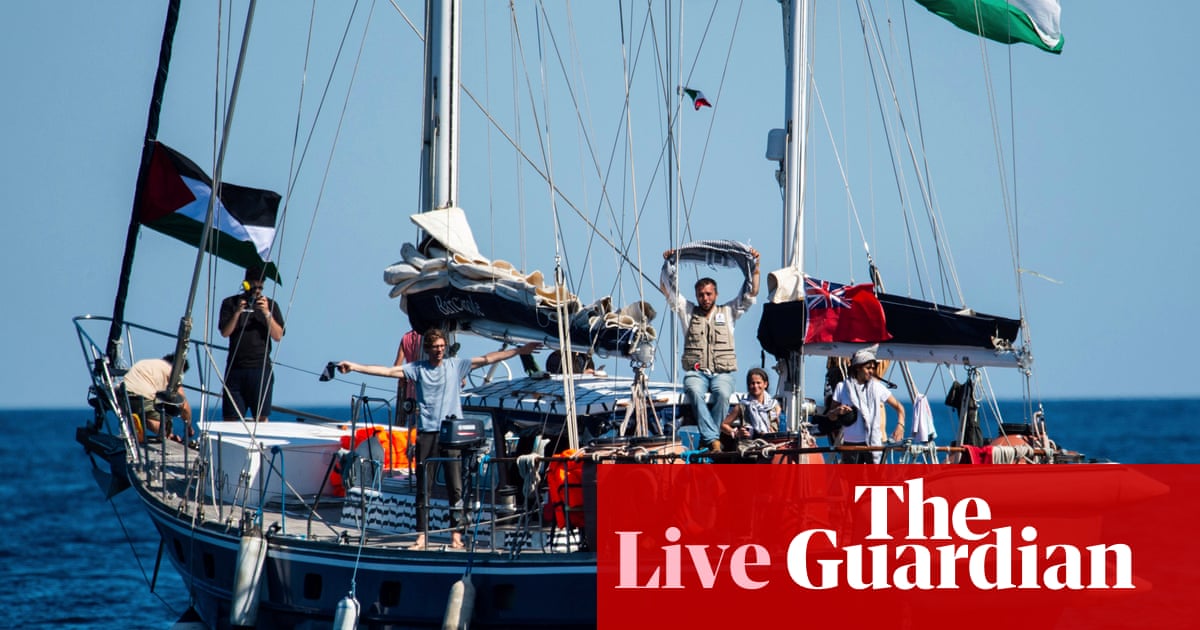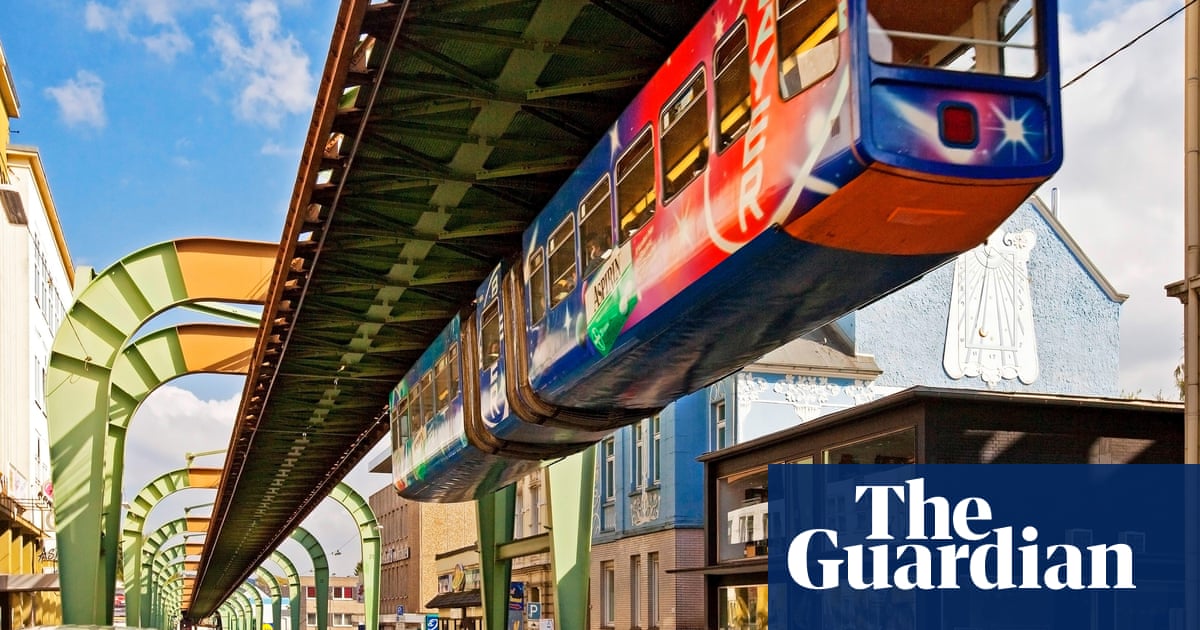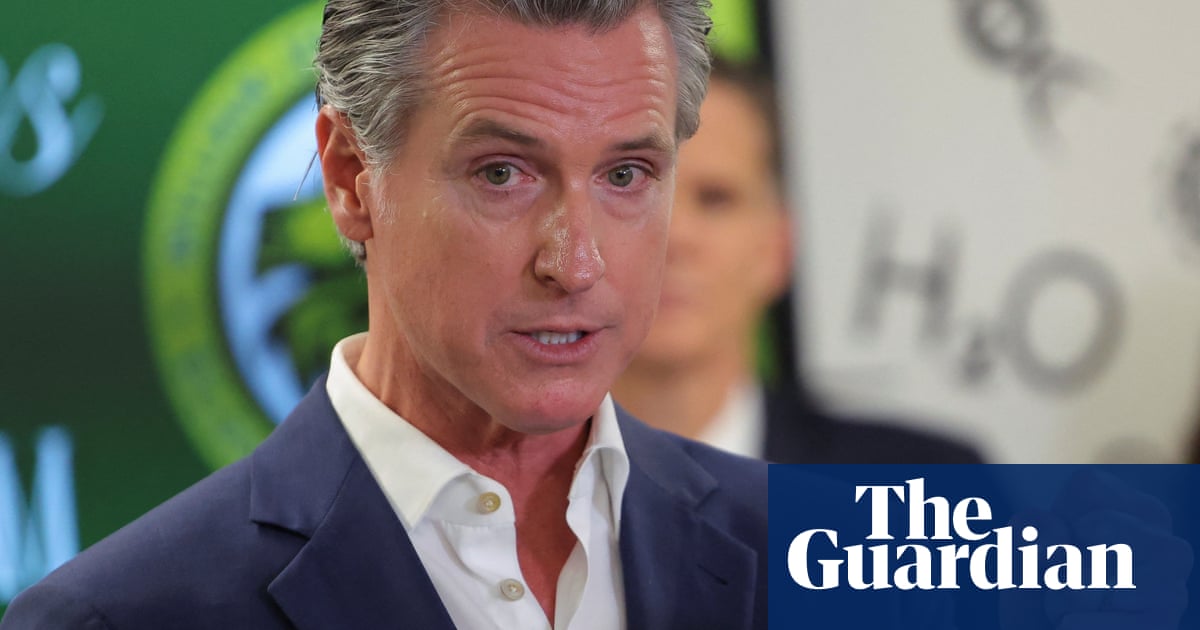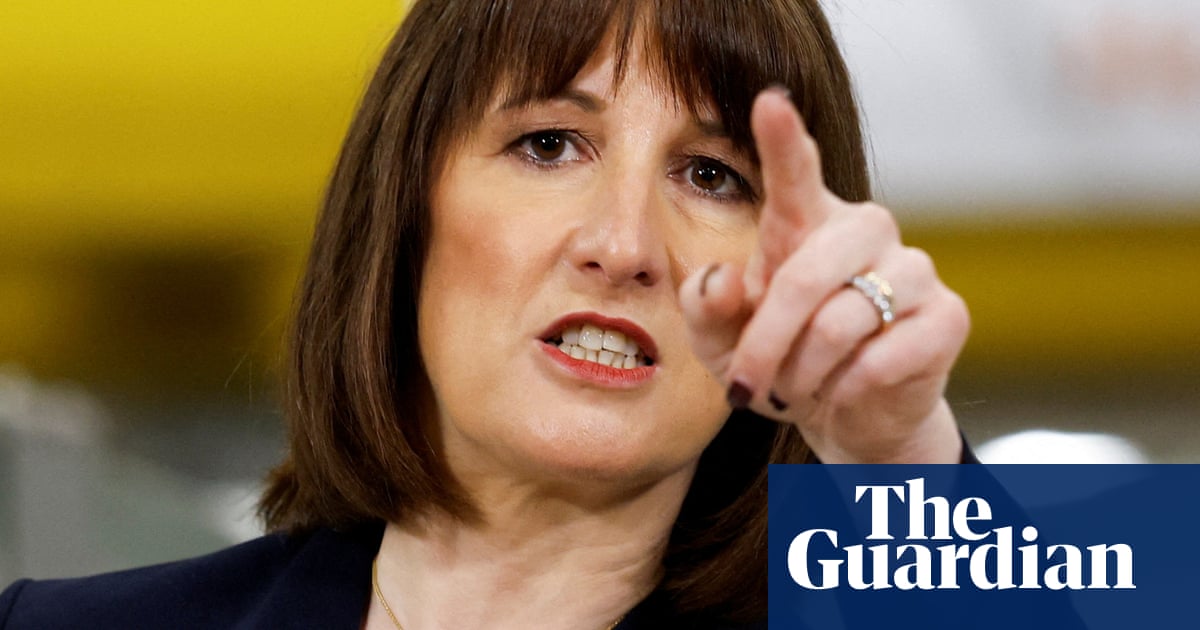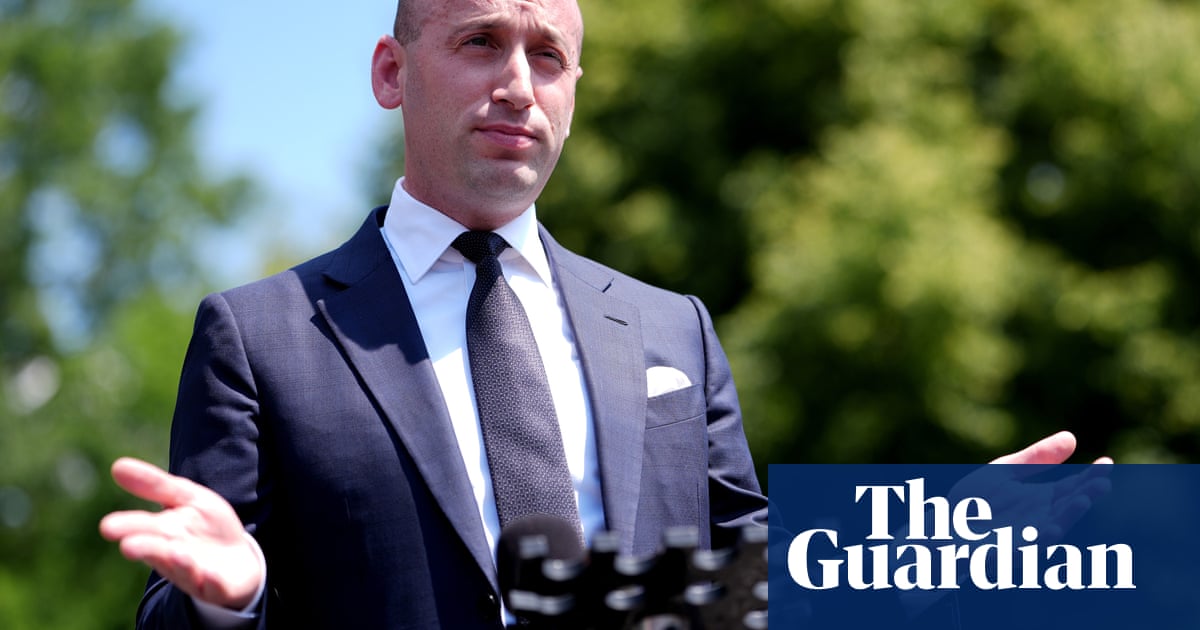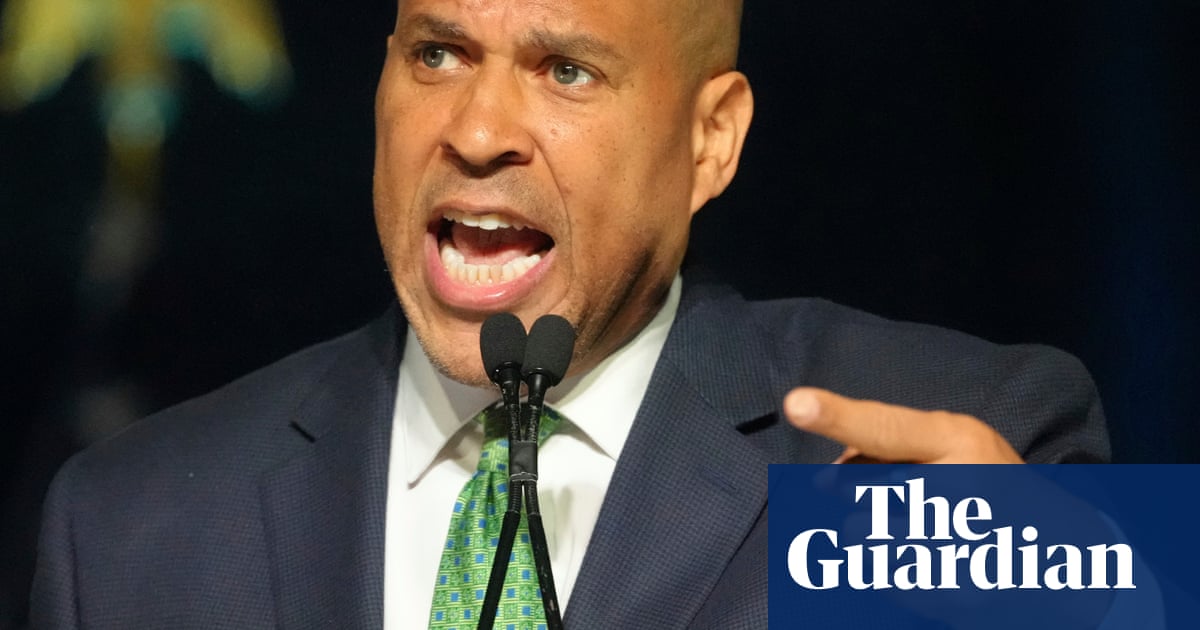I was shopping for groceries the other day in Berlin’s neglected northern outskirts, when I remembered a joke. A banker, a social welfare recipient and an asylum seeker are sitting at a table. There are 12 cookies in front of them. The banker takes 11 cookies and says to the social welfare recipient: “Watch out, the refugee wants your cookie.”
It came back to me as I witnessed a young white mother completely losing it at the checkout. At first I thought it was the prices that had caused her fury, though there was no indication of that; I was probably just projecting my own anxieties about money on to the woman’s tantrum. It took me a moment to realise that she was accusing another woman, also a mother but not white, of standing in her way on purpose. She shouted that this was her country and we should all step out of her way and that soon we would see. Two people told her to be quiet and one older woman went to calm her down, but there was no chance. The young white mother chose to stay loud and angry, and she knew exactly at whom.
In the run-up to federal elections this Sunday, there seems to be no topic as pressing in the German media as migration. Almost all the political parties have been busy for weeks fighting a phantom called the criminal immigrant, whom they all promise to deport or “re-migrate”, depending on the respective party’s language – or they will make sure the criminal immigrant doesn’t get here in the first place by levering out the asylum law.
News about devastating attacks such as the one last week in Munich, where a car rammed into the crowd at a trade union rally, killing two people, unfortunately fuels the climate of fear that the far-right party Alternative für Deutschland (AfD) has been creating for more than a decade and is now profiting from the most. The suspect in the attack is a young Afghan man. No word, of course, about the fact that the victims, a mother and her daughter, were an immigrant from Algeria and her child, since it defeats the object of the ultranationalist narrative.
Sadly, almost all German political parties over recent weeks have been engaged in a race to claim that they will deport the most asylum seekers in the name of law and order. The chancellor, Olaf Scholz, of the Social Democrats, has already increased the amount of deportations by 70% in just over three years, a fact he proudly reminded voters of during the so-called “chancellor duel” TV debate.
Scholz’s opponent and potential successor, the Christian Democrat Friedrich Merz, wants to go a step further and prevent asylum seekers from entering the country, while expatriating people with dual citizenship who commit a crime. Mass protests took place in every big city this month after Merz shattered a taboo and accepted support for his plans from the AfD. By the way, Merz was chair of the supervisory board at the German division of the US investment company BlackRock until 2020. He is the banker from the cookie joke.
But in these dark times, when the election campaign is heavily inflected with racist discourse, there is a flicker of hope on the German political landscape, namely the only party that has refused to tune in to the xenophobic choir: Die Linke(“The Left”). And finally that approach is paying off: while in December support for Die Linke had shrunk to 3% in the polls – with the party predicted not even to meet the 5% threshold for entry to the Bundestag – it has now, only two months later, caught up and is currently polling 7%. It has done this by standing its ground and remaining the only political alternative to an anti-immigration alignment in German politics.
After Merz refused to shun AfD support for his proposed crackdown on asylum seekers, there was uproar in the Bundestag. But it was a speech in the chamber by the Die Linke co-leader Heidi Reichinnek that went viral on social media. In a heartfelt and emotional reaction to Merz’s cooperation with the far right, Reichinnek, 36, expressed outrage over the fact that a party calling itself Christian Democrat made a deal with “rightwing extremists”: “Only two days after we commemorated the liberation of Auschwitz here [in parliament] … you are working with those who carry on the same ideology.”
The video of Reichinnek’s fiery speech caused a surge in membership as well as an influx of new social media followers for Die Linke. The AfD had been by far the most popular German party on TikTok but in just a few days, Die Linke had overtaken it. “Queen Heidi”, as young supporters call their new icon, speaks in favour of economic redistribution, the decriminalisation of abortion and an unrestricted right to asylum – and she does so with an enthusiasm that is utterly lacking among the rest of the German political sphere.
Die Linke’s appeal is spreading among younger people, who make up only a minority of voters. However, among children and teenagers under 18, a poll shows that Die Linke is the most popular party by far. It will be interesting to see how this effect plays out in the coming years, but even the 7% of voters Die Linke might reach on Sunday could be decisive in this election.
This is not because the party could end up supporting a coalition: policy differences are too deep for that. But it should mean a stronger opposition, one that is prepared to call out violations of human rights as well as economic policies that favour billionaires. The cookies will not be split evenly by next week, but they will continue to be counted and monitored, by a new generation fed up with the most vulnerable groups being played off against each other.
-
Fatma Aydemir is a Berlin-based author, novelist, playwright and a Guardian Europe columnist

 3 months ago
80
3 months ago
80
